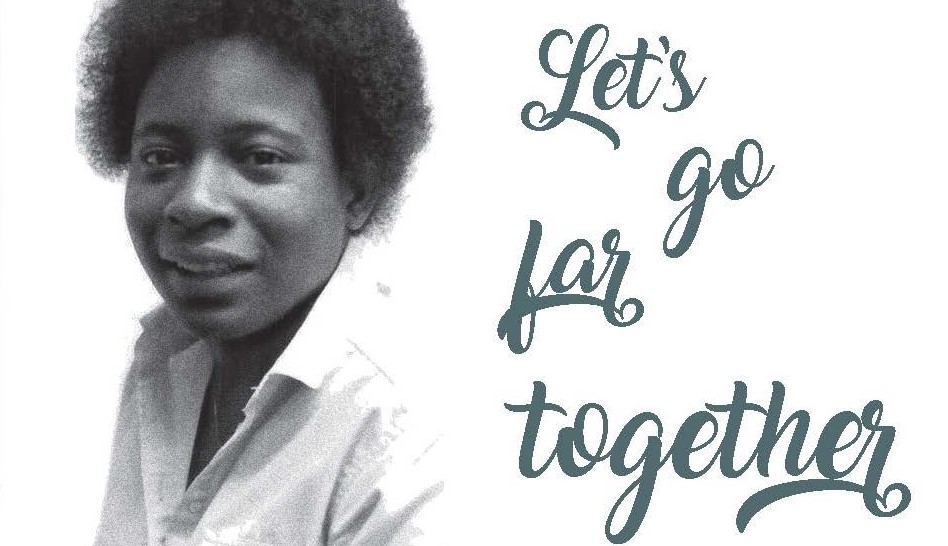Let’s go far together

Patricia Walker ’73 BS MLS, who recently retired as dean of the College of Health Professions at Sacred Heart University, presented the Deans Emerita Lecture at the 2019 annual conference of the Association of Schools of Allied Health Professions Oct. 17. This is an excerpt from her lecture, “Let’s Go Far Together.”
As leaders in health care education, we look to diversity to produce a workforce to serve the health care needs of our changing population. An equally urgent way to look at the need to diversify the health professions is, how can we help break the cycle of poverty among underrepresented minorities? How can we make careers that represent good paying jobs accessible to the black and Hispanic communities?
I am worried about the future because health professions education programs seem to be less accessible to the economically disadvantaged now than when I went to college in 1969.
I grew up on the West Side of Chicago. My parents were from the South. Their families were part of the great migration of blacks who moved north in search of a better life. My mother wanted her children, especially her daughters, to go to college, so we could get a good job and be independent.
My sister and I were both valedictorians and the first generation of our family to attend college. My sister attended Northwestern University as a residential student. When I was looking at colleges, my mother asked if I would stay home and commute. I applied to two schools with the medical laboratory science major I wanted: University of Illinois Circle Campus and DePaul University.
UIC had a four-year program; it took one bus and a subway ride to get there. DePaul was on the North Side, it was a five-year program, and it would take a bus and two subway rides. We selected UIC.
On the day of my high school graduation, my mother became ill and missed the ceremony. She thought she had a bad case of indigestion, but it turned out it was a heart attack, because she had another—fatal—one the next week.
This changed my world. My sister and I could take care of our younger brothers during the summer, but she was going back to school in the fall.
I had planned to work full-time in the summer and part-time in the fall at Sears and Roebuck to earn money for college. Now, my little brothers were looking at me, wondering who is going to make breakfast, cook dinner and wash their clothes. I wondered how I was going to do all of that, go to school and work part-time.